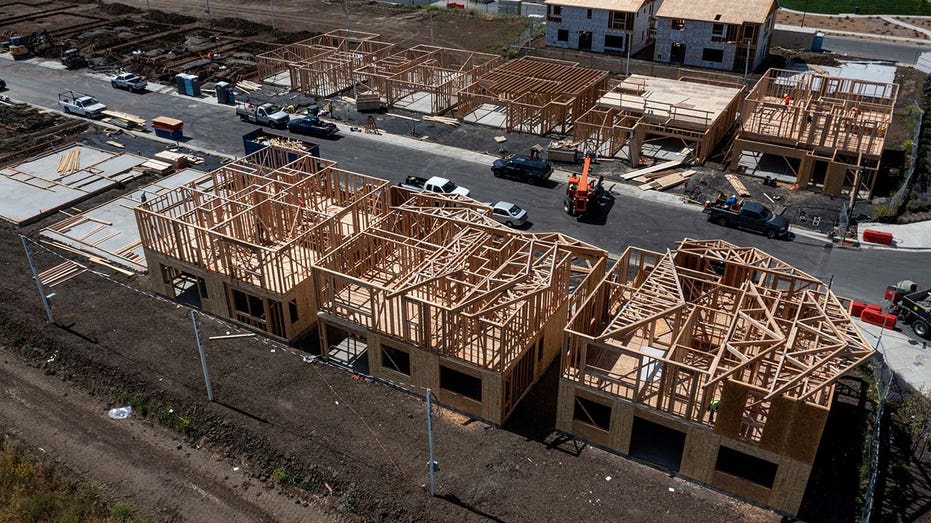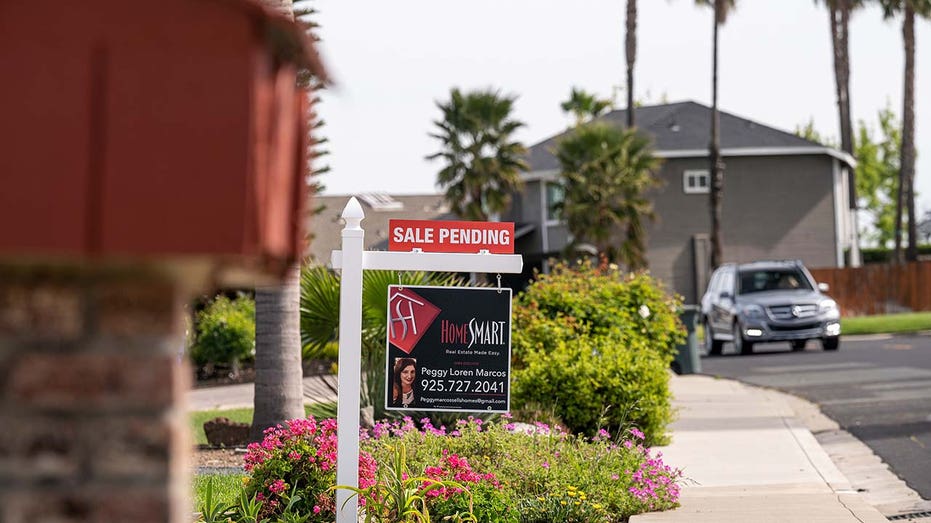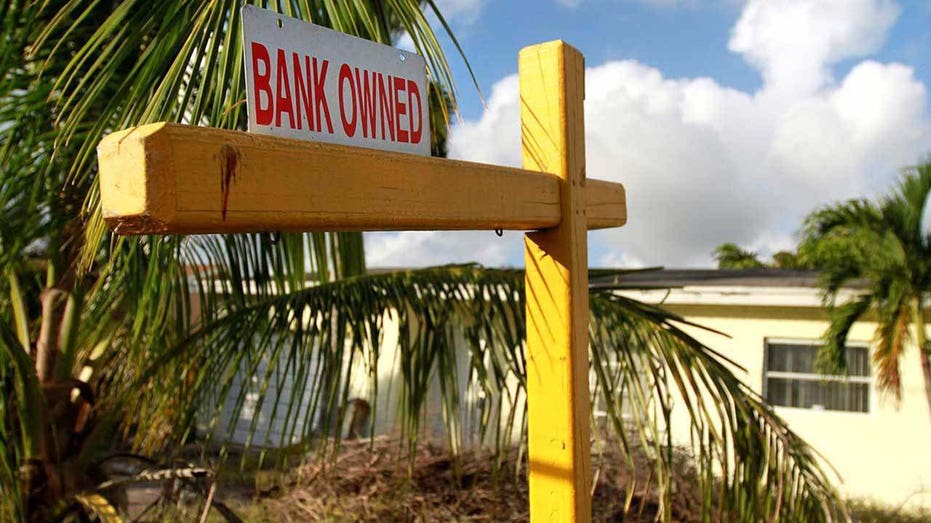Is the US already in a housing bubble?
Economists weigh in
Michael Kantrowitz calls weak housing market an ‘ominous sign’
Piper Sandler chief investment strategist Michael Kantrowitz argues 'the weakness in housing data is your typical canary in the coal mine.'
The Federal Reserve Bank of Dallas made headlines in recent weeks after warning that there are signs of a "brewing U.S. housing bubble."
That prospect sparks fear in anyone who remembers or felt the impacts of the housing market crash that hit America during the 2008 financial crisis and subsequent Great Recession.
While most economists appear to agree that there are a lot of differences between what is happening now and what occurred in the late aughts, the jury is still out on whether a housing bubble is currently upon us – and what that could mean.

Homes under construction at the Cielo at Sand Creek by Century Communities housing development in Antioch, California, U.S., on Thursday, March 31, 2022. U.S. home prices shows signs of becoming unhinged from fundamentals like they did in the housing (Photographer: David Paul Morris/Bloomberg via Getty Images / Getty Images)
"A housing bubble can generally be defined as an unsustainable period of house price growth generated by artificial demand, such as loose underwriting or speculative buying," explains Odeta Kushi, deputy chief economist at First American Financial Corporation. "The price growth in today’s market is driven by an extreme supply shortage relative to demand."
Indeed, the housing market right now is experiencing record-low inventories, and prices are at record highs.
HOMEBUILDER CONFIDENCE FALLS FOR FOURTH STRAIGHT MONTH
Kushi says that looking back at the housing bubble in the mid-2000s, house price appreciation was characterized by a surge in demand driven by wider access to mortgage financing. "The housing market today is not driven by loose lending standards, sub-prime mortgages, or by homeowners who are highly leveraged," she says. "The house price appreciation in today’s housing market is supported by the fundamentals and characterized by a shortage of supply relative to demand."
Brad DeLong, a professor of economics at the University of California-Berkeley, told FOX Business over email that he looks at the excess of housing above-trend built during the housing boom of 2000's and compares it to the size of the housing bust during the 2010's, and concludes that the second is three times the size of the first.

A "Sale Pending" sign outside a house in Discovery Bay, California, U.S., on Thursday, March 31, 2022. (Photographer: David Paul Morris/Bloomberg via Getty Images / Getty Images)
"I think that while there are places in which housing is definitely bubbling, for the country as a whole that is really not the way to bet," DeLong wrote. "We have been under building for a decade and a half, and the fact that housing demand is finally reverting to normal is making this under building very visible to us."
Mark Thornton, a senior fellow and chair in Austrian Economics at the Mises Institute, argues there is "no question" that the U.S. is in a housing bubble, but "where we are in the housing bubble is a different matter."
JPM'S DAVID KELLY: FED CAN'T KILL INFLATION, BUT COULD KILL THE ECONOMY
"When you look at the amount of loans going out for real estate in general, it's huge," Thornton told FOX Business. "So where the problem is, and who's going to have to pay for it are yet to be determined."
Thornton says that it's not just housing we should be looking at, because "we're in an economy where just about everything is in a bubble."
"The housing bubble may not be as important as it was in 2006 and ‘07, and certainly 2008 and ‘09, because we have bubbles in bond markets, stock markets….there are bubbles in most asset markets because we’ve had an extremely long period of extremely low interest rates," he explained, saying the Federal Reserve has kept interest rates artificially low for too long.

Foreclosures hit their lowest point on record last year, putting more pressure on the low-inventory housing market. (Orlando Sentinel/Tribune News Service via Getty Images / Getty Images)
Thornton argues that "we're still in that easy-money, easy-credit type of economy, and so I think people are paying less attention to the housing market, even though we do hear stories about how a house sold for 10% more than it was listed at and that there are no places to buy or rent in certain city real estate markets."
He pointed out that despite soaring prices, talk of a housing bubble was stagnant until recently when higher interest rates turned into higher mortgage rates.
GET FOX BUSINESS ON THE GO BY CLICKING HERE
Whether America is facing a crisis in its real estate market remains up for debate. The searing question is: Will home prices moderate with a whimper or come down with a crash?
Kushi notes, "Real estate markets tend to move in cycles, but not all housing booms end in a housing bust."





















